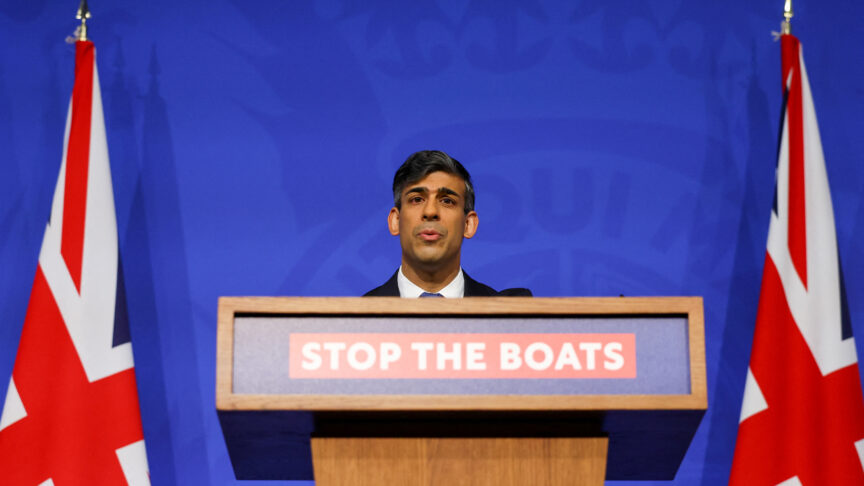The New German Question: How Europe can get the Germany it needs
How to help Germany rework its role as the keystone of Europe
Since the beginning of the euro crisis last year, there has been a kind of “unipolar moment” within the eurozone: no solution to the crisis was possible without Germany or against Germany.
Although Germany has now signalled it will do what it takes to save the euro, much of Europe is worried about the way this will be done and even resentful about where Germany seems to be heading.
Germans, on the other hand, feel betrayed by the European project with which they once identified perhaps more than any other member state. In fact, whereas Germans once saw the EU as the embodiment of post-war German virtues such as fiscal rectitude, stability and consensus, they now see it as a threat to those same virtues.
The New German Question: How Europe can get the Germany it needs, an ECFR policy brief by Ulrike Guérot and Mark Leonard, aims to move beyond this dialogue of the deaf and outline what a new deal between Germany and the rest of Europe might look like.
It shows how an increasingly eurosceptic Germany is tempted to “go global alone”. Meanwhile other member states are responding to the new Germany with a mixture of “hugging Germany close” and forming coalitions that could one day be used to balance German power if Berlin fails to recreate a legitimate basis for its role in the EU.
The brief argues that Germany needs to recast its approach to economic governance to avoid the creation of a two-speed Europe; work with other big states to reinvent the European security architecture; and put its economic might at the heart of a push to develop a global Europe.
The European Council on Foreign Relations does not take collective positions. ECFR publications only represent the views of their individual authors.


